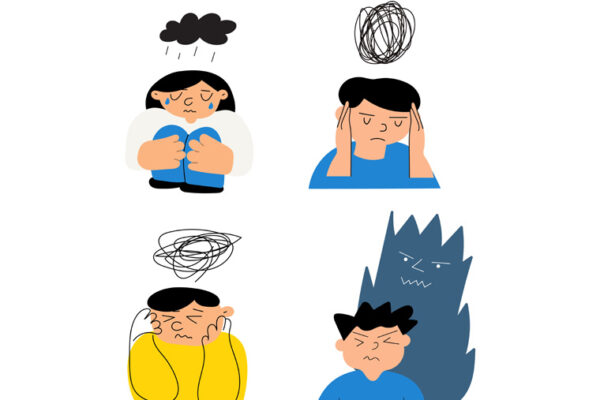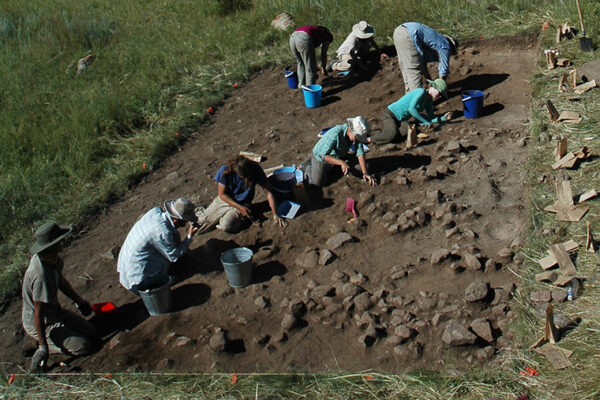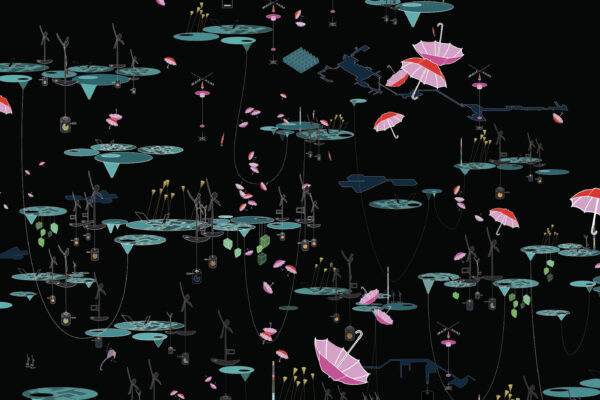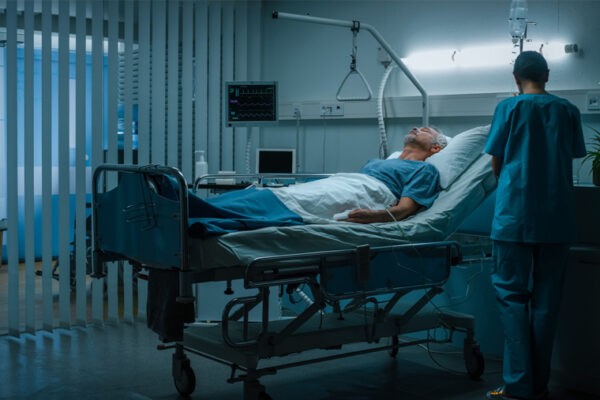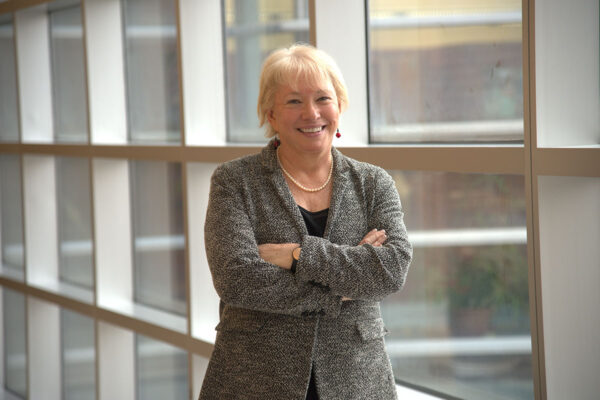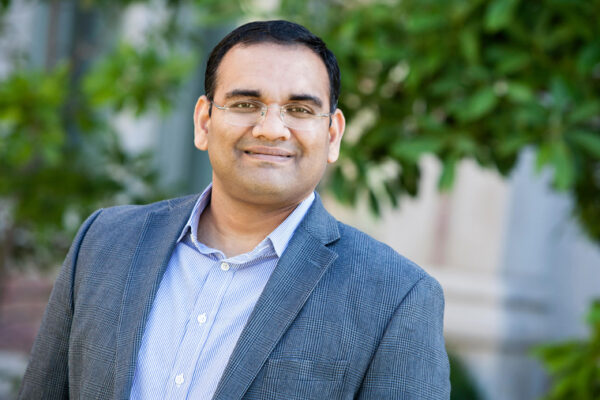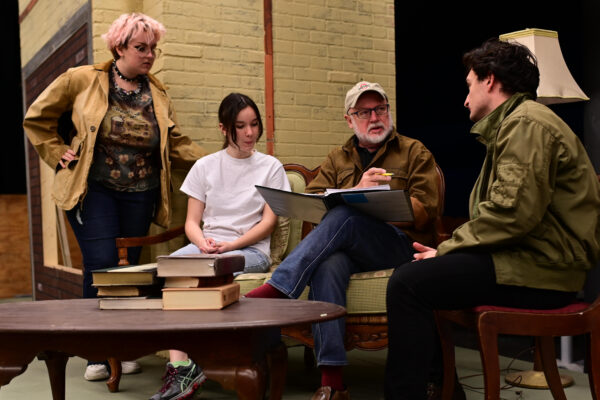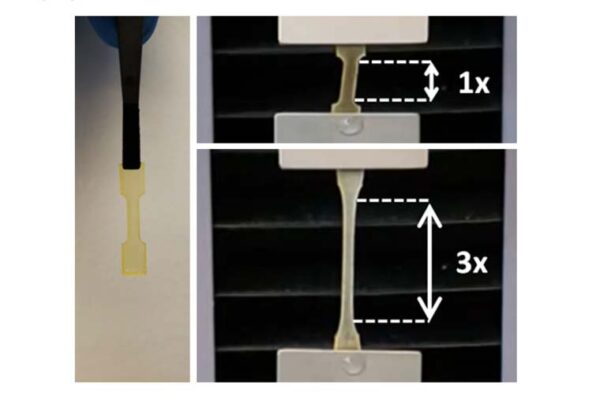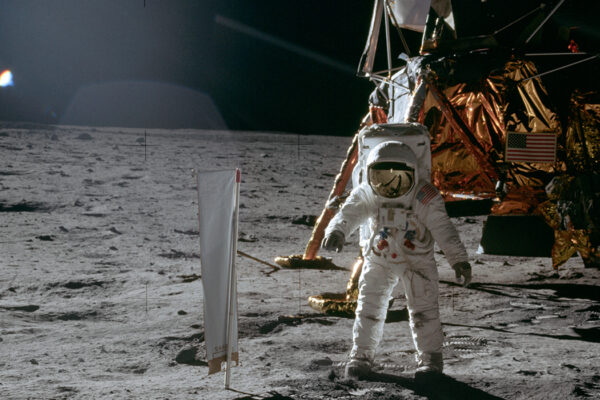Persistent, distressing psychotic-like experiences associated with impairment in youth
Research from the lab of Deanna Barch shows that youth who indicate they have persistent, distressing psychotic-like episodes show impairment in a variety of areas.
Following COVID-19, US society at an inflection point
Sociologist Adia Harvey Wingfield says America is at a crossroads. Racial and economic parity is possible, but will depend on whether workers are able to leverage sustained pressure to change institutionalized policies that perpetuate inequality.
Researchers of ancient DNA set guidelines for their work
Michael Frachetti, professor of archaeology in Arts & Sciences, participated in a global initiative that set best practices for ethically sampling human remains and carrying out scientific analysis. He says this type of collaboration across regional and disciplinary boundaries likely will shape the future of scholarly work.
The nature of place
In “Confronting Urbanization,” a wall-sized drawing at the Venice Architecture Biennale, Petra Kempf combines copious data and mischievous symbolism to explore how smart phones, online commerce and global connectivity are reshaping the urban terrain.
Early warning system model predicts cancer patients’ deterioration
A multidisciplinary team of researchers at Washington University is developing a machine-learning-based early warning system to predict cancer patients’ deterioration and improve patient outcomes.
Lodge to depart Washington University
Jennifer K. Lodge, vice chancellor for research at Washington University and the David T. Blasingame Professor, will leave the university at the end of the year. Lodge will be joining Duke University as vice president for research and innovation in January.
Ramani named vice provost for graduate education
Vijay Ramani, the Roma B. and Raymond H. Wittcoff Distinguished University Professor of Environment and Energy, has been named vice provost for graduate education, announced Provost Beverly Wendland. His three-year appointment is effective Jan. 1.
‘The Science of Leaving Omaha’
In “The Science of Leaving Omaha,” playwright Carter W. Lewis brings sly humor and deep sympathy to a story of young people, stalled lives and the desperation for escape. Commissioned by WashU’s Performing Arts Department, the play will receive its world premiere Nov. 18-21.
Synthetic biology yields easy-to-use underwater adhesives
The lab of Fuzhong Zhang at the McKelvey School of Engineering has used synthetic biology to bring together the best of spider silk and mussel foot protein in a biocompatible adhesive.
McDonnell Center lecture on sampling the solar system
Kevin D. McKeegan, a scientist whose analyses of meteorites and other extraterrestrial materials from space has improved understanding of the processes and chronology of the early solar system, will deliver a free public talk in November as part of the Robert M. Walker Distinguished Lecture, sponsored by the McDonnell Center for the Space Sciences.
View More Stories
